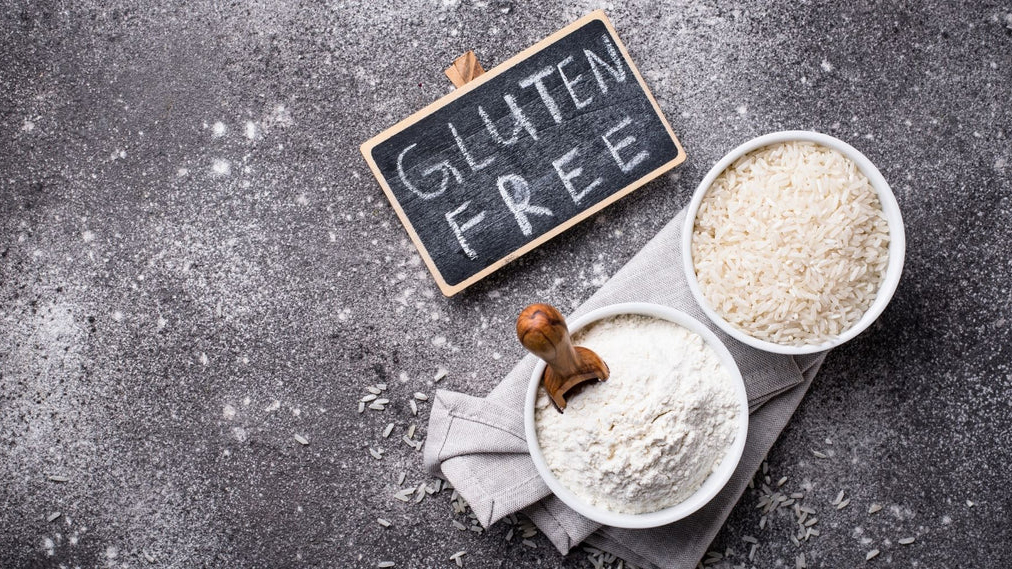Myths you should stop believing about coeliac condition
Coeliac disease is an autoimmune disease that damages the small intestine and alters the absorption of vitamins, minerals and nutrients, caused by the ingestion of gluten, a protein present in some cereals such as wheat, barley, rye and oats. According to the Spanish Federation of Coeliac Associations (FACE), it is a disease that affects approximately 1% of the population, although many cases go undiagnosed.
Coeliac disease is a serious condition that requires medical monitoring and a strict gluten-free diet for life. However, there are many false beliefs about this disease that can lead to confusion, misinformation and harm to people with coeliac condition. In this article we will debunk some of the most common ones.
Myth 1: Coeliac condition is a gluten allergy
Coeliac condition is not an allergy, but an autoimmune disease. This means that the immune system of people with coeliac condition reacts abnormally to gluten and attacks the small intestine itself, causing inflammation and damage to the intestinal villi, resulting in malabsorption of nutrients. Gluten allergy, on the other hand, is an immediate reaction that can cause hives, respiratory distress or anaphylaxis, among others. This allergy is less common than coeliac disease and can be diagnosed by skin or blood tests.
Myth 2: Coeliac condition only has digestive symptoms
Digestive symptoms such as nausea, vomiting or diarrhoea are the best known. But the most common symptoms also include weight loss and loss of appetite, tiredness, bloating, loss of muscle mass, anaemia and mood swings. Studies also link type I diabetes to coeliac disease. Around 8% of patients with type I diabetes also have coeliac condition.
Myth 3: Only wheat and wheat products contain gluten
As mentioned above, gluten is a protein found in cereals such as wheat, oats, barley and rye. However, it can also be found in medicines, toothpaste, make-up, etc. That is why it is important to pay special attention to the labelling of the products you consume.
Myth 4: “Once a year does no harm”.
The gluten-free diet should not be interrupted. Ingestion of this protein causes damage to the intestinal villi in people with coeliac condition. For this reason, even if you have no visible symptoms, such as diarrhoea or vomiting, it is important that you follow a strict gluten-free diet.
Myth 5: Gluten-free products are healthy for everyone
Gluten is not bad for everyone, only for people who have coeliac disease, gluten allergy or gluten sensitivity. These are the only conditions that justify following a gluten-free diet for health reasons. A person who does not consume gluten without a doctor’s prescription may be deficient in certain nutrients. There is no scientific evidence that gluten is harmful to our health. On the contrary, recent research shows that a gluten-free diet can reduce the healthy composition of our intestinal microbiota, which reduces the risk of certain diseases.
Myth 6: Coeliac disease only affects children
Coeliac disease can manifest itself at any age, from infancy to adulthood. According to FACE, 75% of cases are diagnosed in people over the age of 20.
Myth 7: Coeliac condition can be cured in time
The coeliac condition cannot be cured, it is a chronic pathology and the symptoms, both digestive and extra-digestive, can only be avoided by following a gluten-free diet. In this way, the symptoms of coeliac condition do not appear, but this does not mean that the disease has been cured.


